Nylon Rope and Polyester Rope - What's the Difference?
On the surface, Nylon Rope and Polyester Rope may appear to be the same, and they do share many similar characteristics. For example, they are both made from industrial-grade synthetic materials, making them a stronger alternative to natural fiber ropes, and they are both UV resistant, abrasion resistant and corrosion resistant.
However, there are some key differences between the two that make them more or less suitable for certain jobs.

Differences
Flexibility
Nylon polyester rope is highly flexible. If necessary, nylon rope can be stretched by up to 20% without compromising its strength - after which it will simply return to its original size. This makes it particularly good when you need the rope to be more shock absorbent, such as for towing or mooring.
In contrast, polyester only stretches about 10% under pressure, making it particularly suitable for low-stress applications, such as flag poles, moorings, etc.

Water absorption
Both nylon and polyester will sink into water, but their water absorption varies greatly.
Although Nylon polyester rope is usually very strong, it will absorb liquids quickly and easily, which can significantly reduce its strength. The fibers soak up water and begin to sag. They also take a long time to dry. Therefore, nylon is not the best choice for wet conditions.
On the other hand, polyester ropes do not absorb water. They maintain their normal level of strength when wet, making them a better choice for marine applications.
Additional reading:
What Are OCTG Tubes?
Fiberglass Telescopic Pole: A Durable and Versatile Tool for Height Access
Features and Benefits of Threaded Bar
Benefits of Using Tubular Knobsets in Your Home
The Most Precise Metal Casting: Achieving Unparalleled Accuracy in Manufacturing
Exploring Different Types of Cylindrical Lever Locks and Their Applications
Troubleshooting Residential Deadbolts
Temperature resistance
Another important difference between nylon and polyester is their heat resistance. Nylon polyester rope does not withstand heat well and will begin to degrade at 210°C. Polyester, however, has a high melting point of 260°C, so it is usually a better choice at extreme temperatures.

Which is the right choice
When you need a rope to stretch slightly and return to its original length, or to be more shock absorbent, nylon rope may be the ideal choice, but for most other applications we tend to recommend Nylon polyester rope. (It is as strong and durable as nylon, but has many additional benefits, such as low water absorption and high temperature resistance.) In fact, many people believe that if polyester had been invented first, there would have been no need to invent nylon. It is often cheaper, has similar properties to nylon, and is a great versatile material: perfect for a wide range of uses.
At BARON, we stock both nylon and polyester - and as experts in our field, we understand the unique properties and benefits of each product. So if you'd like to learn more about the differences between the two - or need advice tailored to the best choice for your needs - feel free to contact us.
The Benefits of Using Threaded Bars in Structural Engineering
What Are The Key Design Considerations for Plastic Injection Molding?
Benefits And Application Notices of Titanium Tools
How Many Times Can You Use a Belleville Washer?
Different Types of Lathe Chucks
Features and Benefits of Spherical Hex Nut
How to Choose the Right Roller Bearings for Your Needs
128
0
0
Previous: What Are OCTG Tubes?
Next: None
Related Articles


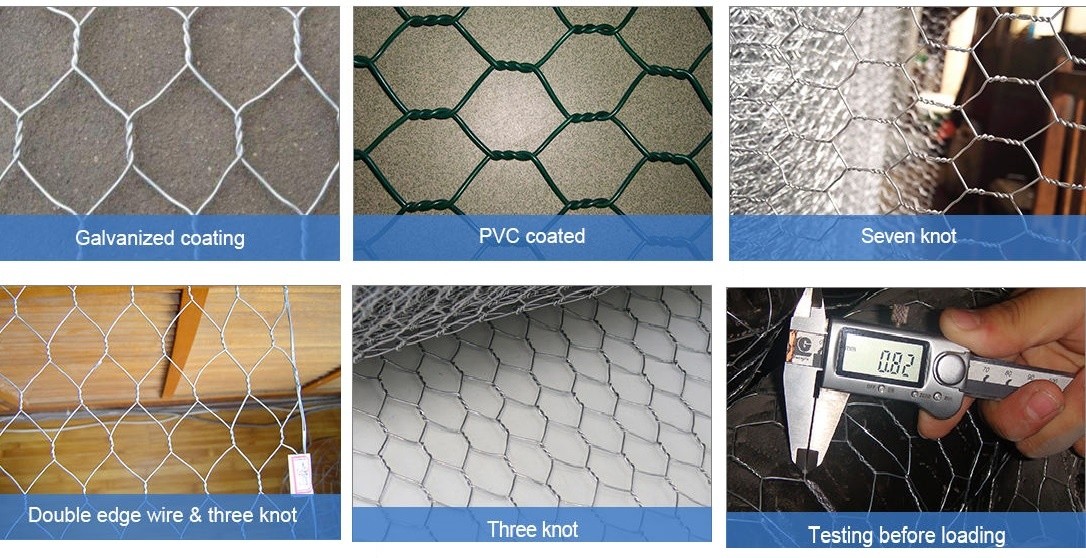
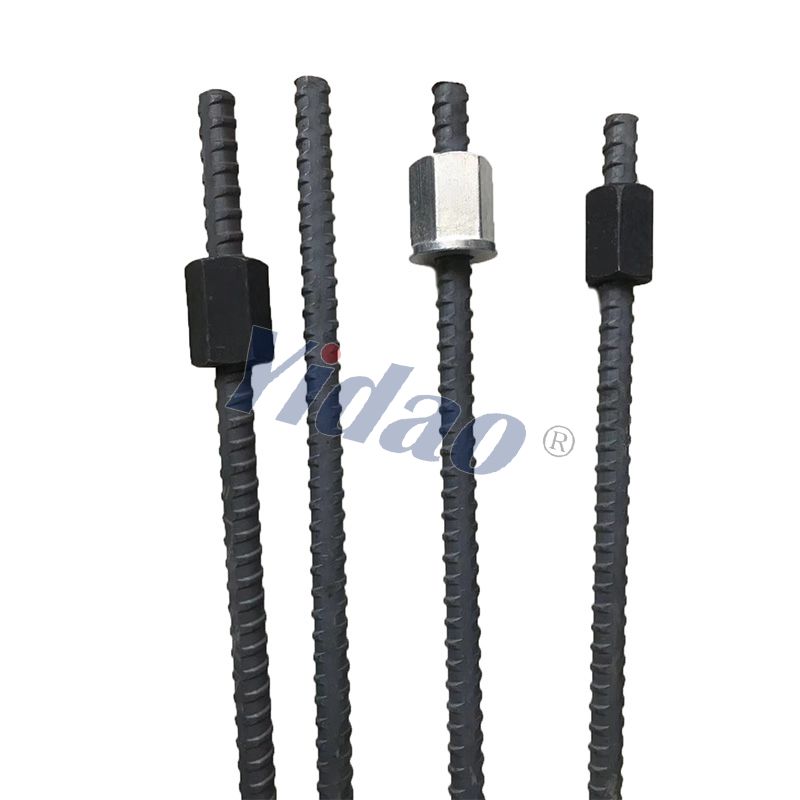
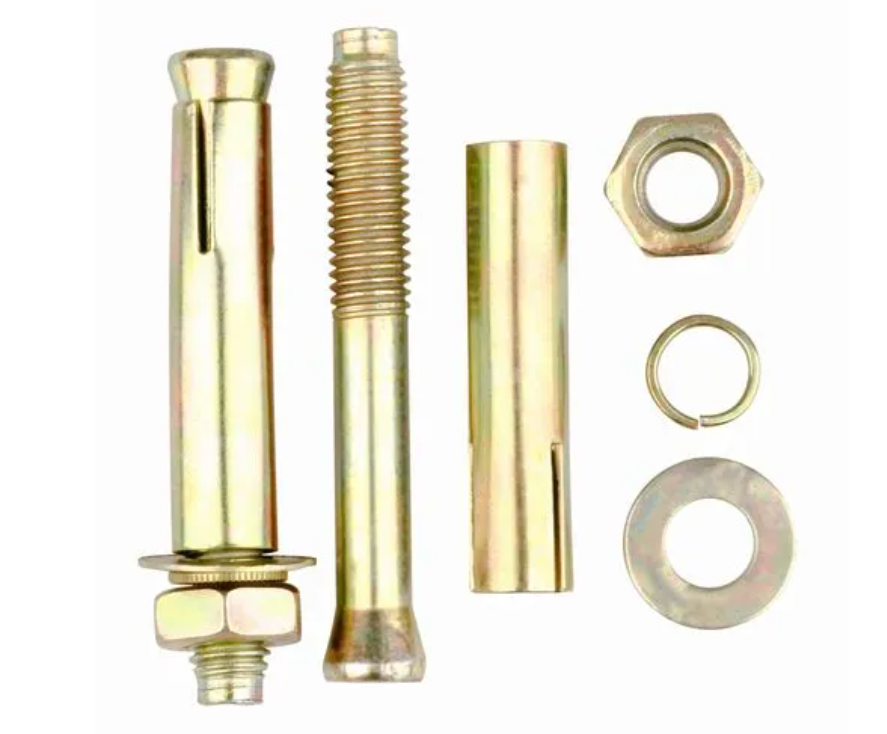
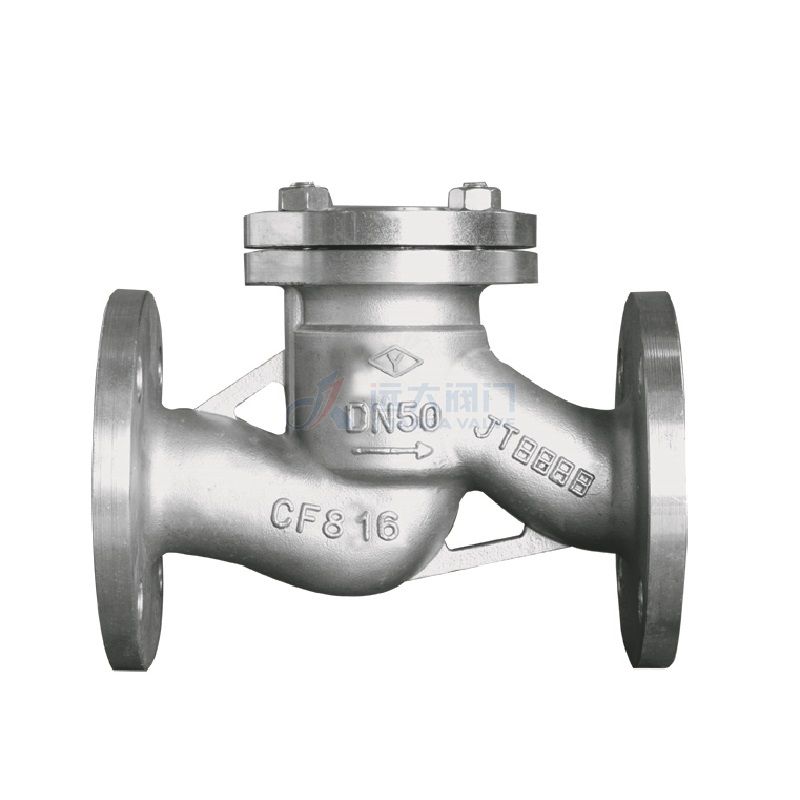
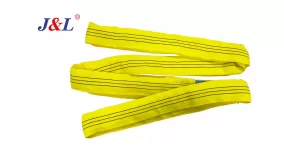
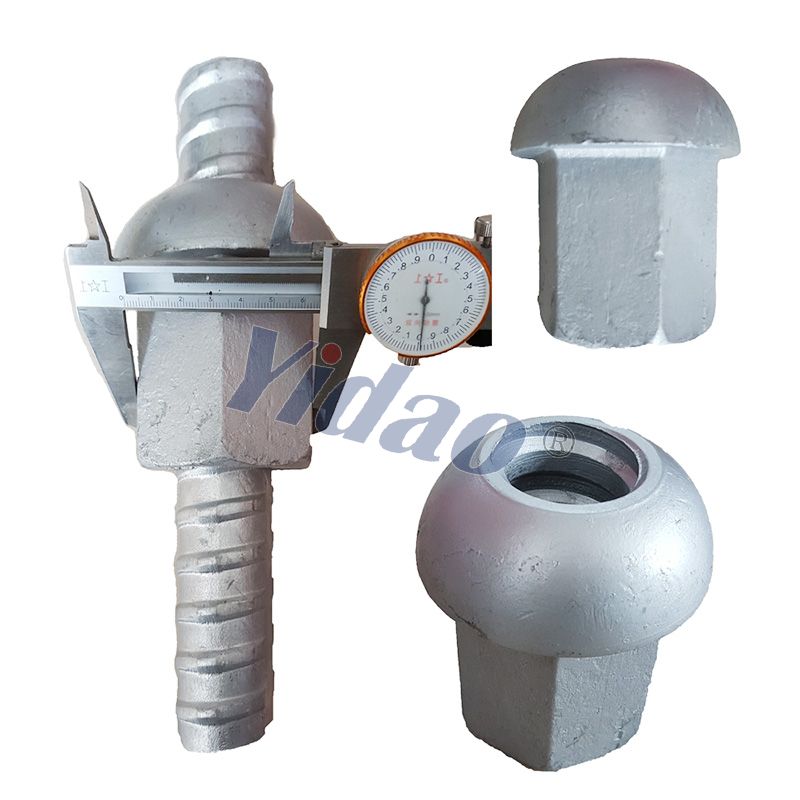
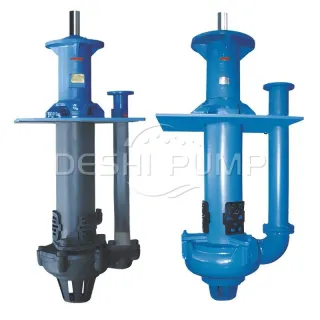
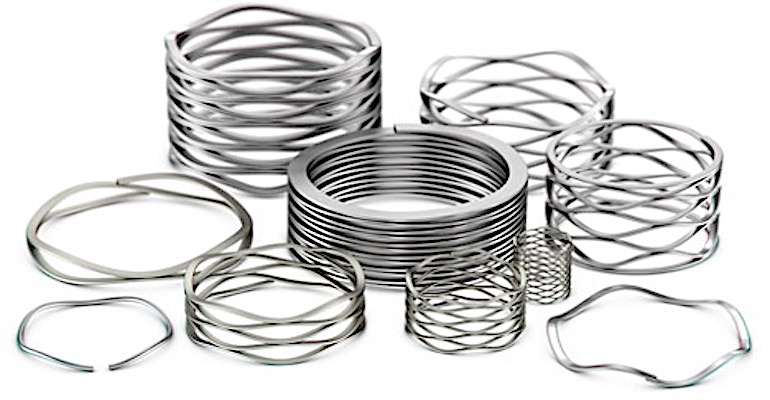
Comments
All Comments (0)